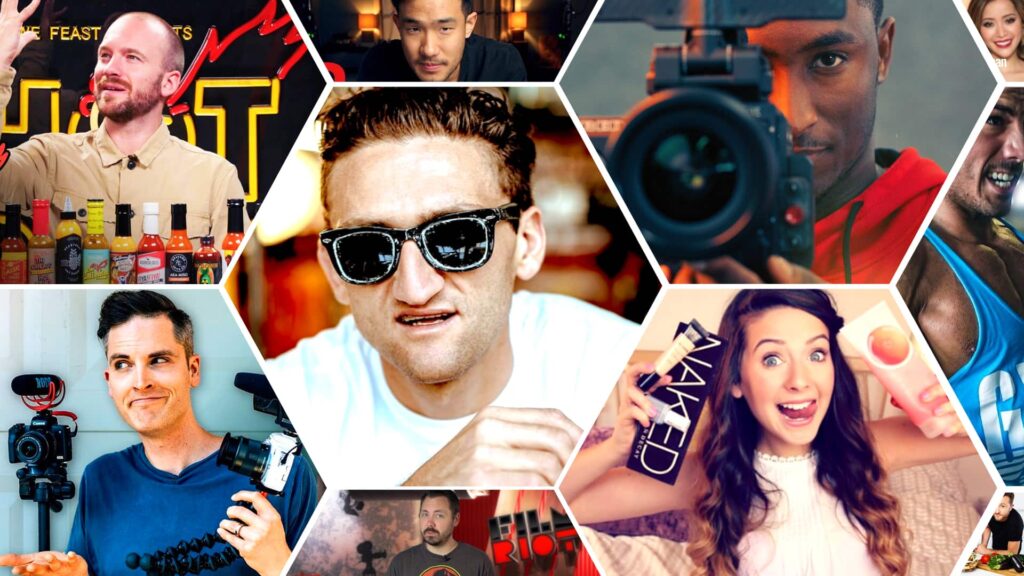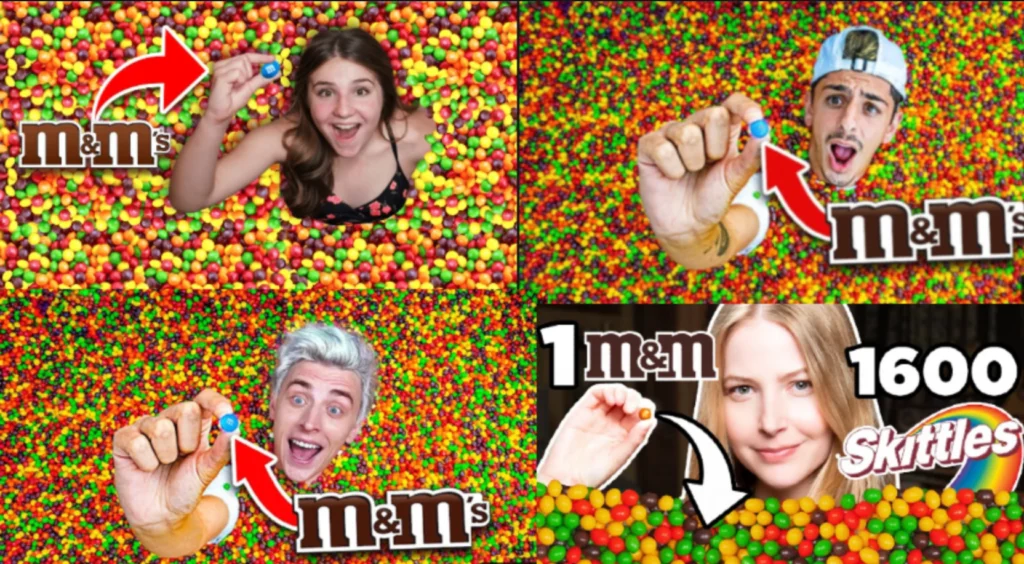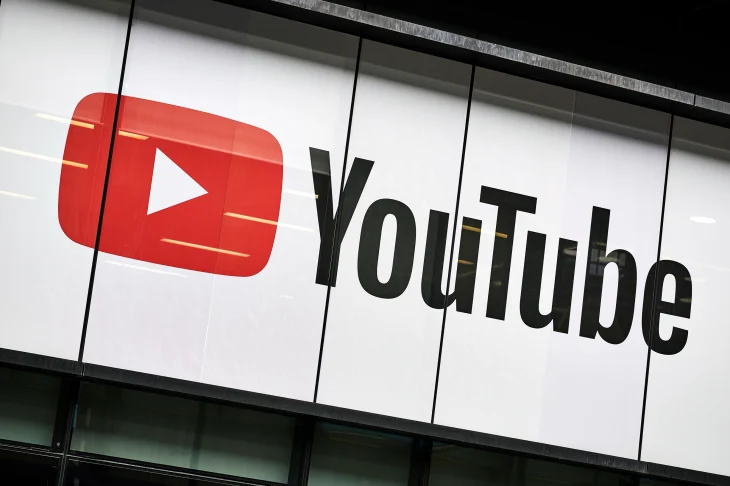By Katerina Dimarogkona,
In 2012, YouTube was at its prime and there was talk of an upcoming revolution in entertainment. For the first time in history, people of all backgrounds and walks of life could be represented and create art. As a The Guardian article of that time puts it: “The opportunities have never been greater, the door is wide open and it is a gold mine out there just waiting to be taken. The whole media business, a trillion-dollar business, has been turned upside down” (Chris Smith, 2012). There were dreams of a YouTube Oscar category, as it would eventually replace film as the primary source of entertainment.
Yet, a decade later, it is easy to see that this dream was overly optimistic, with YouTube making a turn towards supporting traditional TV and celebrities on the platform. No Oscar category was created. Although entertaining, YouTube videos did not create a cultural revolution, and if we look at this in a certain way, it makes no sense. It intuitively feels natural that YouTube, a platform based on the freedom of speech, participation, and community, should have succeeded as the people’s medium.
The idea was to take the power from the handful of executives that are in charge of what everyone watches. That way, you remove the barriers that have kept regular people from having a voice. Any hierarchies of money, connection, race, and gender would be abolished, as now, only talent and the artist’s vision would matter. All you need is a camera and a good idea. What we saw happen, though, is paradoxical in a medium that allows for endless originality. People are often copying the same trends off of each other and favoring cheap novelty. The tyranny of the algorithm is partially at fault, which is made to favor the types of videos advertisers want to sponsor.

The latter means long videos that are posted frequently in order to allow for more ad time. “It is not enough to simply create great things”, a YouTuber says. ”The audience expects consistency. They expect frequency. Without these, it is incredibly easy to slip off the radar and lose favor with the algorithm that gave you your wings” (Julia Alexander, 2019). YouTubers are overworked: they often declare they do not feel pride in their content anymore, while longevity and nuance are things we just do not often see in YouTube content. Generally, the art that is timeless and that has the most cultural impact takes time to make. It is not possible to order creativity on demand. If it is scheduled, it likely results in videos that are cheap and superficial.
A large number of creators should also work in favor of raising the quality of YouTube videos. The thousands of channels the viewer can choose from, by competing with each other, would in theory have to be really good to get popular. However, without the support of a studio, the creator has no sense of security — they are powerless. When they come to depend on YouTube to make their living, creators cannot risk a video not getting enough views and cannot feel free to have a risky vision that might be rejected by subscribers.
Creativity does not respond well to competition. So, the fear of taking initiative takes over, and creators start copying ideas that worked for others, creating the trends that are characteristic of YouTube, ensuring views but have no real impact on anyone. The goal is not to create the most meaningful content, but to stay afloat in this competitive environment. Besides, what was supposed to be freed from the studio ended up being the content creator being themselves the studio, the marketer, doing finances and all the other non-creative unsavory jobs, censoring themselves and in the end not being free. Originality demands that there be room for failure, spontaneity, and experimentation.

Then they ask themselves: what do you want me to make next? We hear this and think how democratic of them to want to make what we want. It looks like participation, unlike the silent, passive consumption that happens when watching TV. In effect, this is pandering masked as concern for the viewer. If original work is being made, that question cannot be asked. The viewer should have no say in the creative process. Take any beloved, groundbreaking work, say Star Wars or Harry Potter. When they were made, the public had not asked for those things, for the sole reason that we could not have imagined them. The power of great art is that it changes our tastes, it creates demand for books and films that did not exist before. If the viewer could ask directly for something that does not exist, they would be making it themselves. We want to see people with more imagination than us in charge of our entertainment.
The community aspect, although endearing, can be interpreted more cynically as well. Vloggers often make it out to look like they are building a community of people that they “love”, saying to their viewers how much they mean to them. Using a highly personal tone, the appeal seems to be the ease of loneliness, instead of the value of each video to the viewer. But of course, no matter how much some vloggers may claim they have a genuine relationship with their audience, it is a fantasy of having a relationship with the video of someone. According to a YouTuber, “The more loyalty you build, the more likely your viewers are to come back, which gives you the closest thing to a financial safety net in what is otherwise a capricious space” (Julia Alexander, 2019).
There is the age-old question of how we give a voice to the voiceless, how we let everyone in the cultural dialogue in the distribution of influence and power. Although it feels intuitive that giving everyone an easy way to speak would be how to do it, the platform we use tends to ignore meaningful art in order to reward content that is polarizing, shallow, overly dramatic, the content we feel tricked into clicking on. If we want to improve and empower our cultural dialogue and political discourse, it is debatable whether YouTube is taking us a step in the right direction or backward.
References
- The YouTube stars heading for burnout: ‘The most fun job imaginable became deeply bleak’, theguardian.com, Available here
- The future of video: democratisation of creativity and production, theguardian.com, Available here
- The Golden Age of YouTube is Over, theverge.com, Available here




